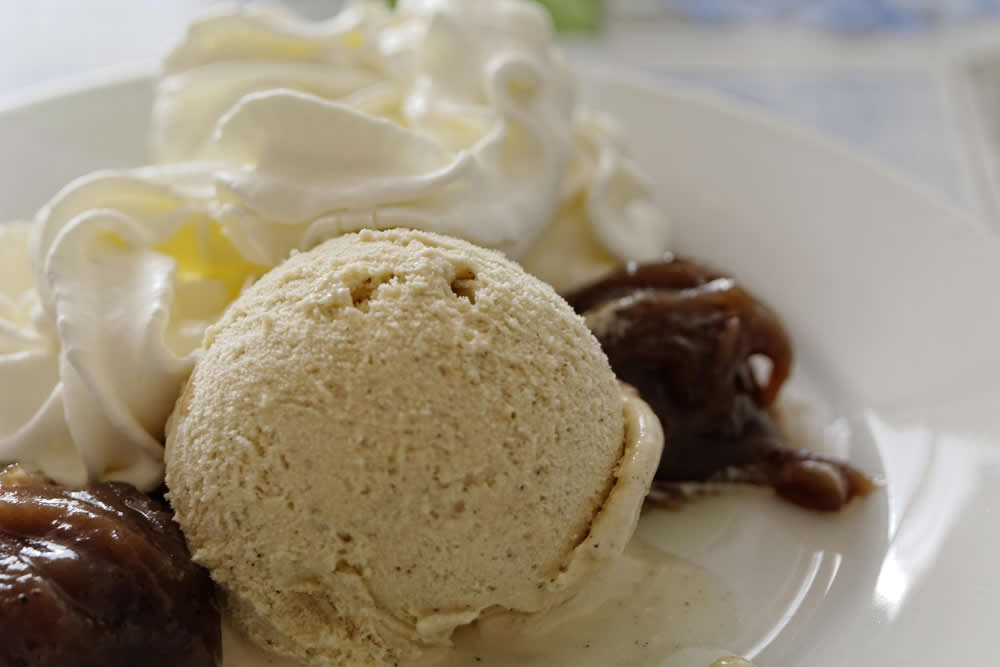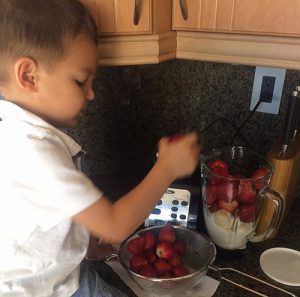
12 Jul Sugar or no sugar?
 Hi there my sweethearts!
Hi there my sweethearts!
By no means this is a reflection of my music preferences, but I am sure you have heard this song at least once in your life: “Sugar..oh honey honey, you are my candy girl and you got me wanting you..” (By The Archies and the Spanish version is sang by Magneto and Mercurio, look for it on Youtube just to refresh your memory, yes I know is a cheesy song).
Have you noticed all the songs and expressions used worldwide that have to do with sugar? (sweetheart, honey, sugar daddy, sweet revenge). Even better, do you realized that as human beings when we wish to celebrate or cheer someone up or say I am sorry, we tend to choose sugary foods to show our appreciation, love, and care for others? When I was little, I remember when my dad used to take us for ice cream and it was a real treat (even if you knew that he could easily be tempted to bite your popsicle once he was done with his own). It seems like all through our lives sugar has been a silent close companion, it’s always there to make us happy and make everything better. However, we know it’s the cause of many diseases: obesity, heart disease, diabetes and attention disorders in children among other health issues.
So if we know how harmful it is for us, why is it that we eat it so much?
 Because in the society that we live in, it’s very hard to ignore it. We are constantly bombarded with savvy marketing campaigns and advertising that entice us to eat and indulge in it. Also the fact that we have lived eating sugar throughout our lives (birthdays, Christmas, weddings, valentines and the list goes on and on) it makes it almost impossible to be sugar-free or let’s just say moderate. In the United States, companies spend $17 billion annually marketing to children[1], a staggering increase from the $100 million spent in 1983.[2] Even when taking into account the net present value of $100 million over 34 years, it still equates to a 300% increase in Marketing.
Because in the society that we live in, it’s very hard to ignore it. We are constantly bombarded with savvy marketing campaigns and advertising that entice us to eat and indulge in it. Also the fact that we have lived eating sugar throughout our lives (birthdays, Christmas, weddings, valentines and the list goes on and on) it makes it almost impossible to be sugar-free or let’s just say moderate. In the United States, companies spend $17 billion annually marketing to children[1], a staggering increase from the $100 million spent in 1983.[2] Even when taking into account the net present value of $100 million over 34 years, it still equates to a 300% increase in Marketing.
Companies know that by “investing” early in the young consumers, it will create adults that will be hooked on their products from an early age. That’s’ a smart strategy. It’s not a surprise that in this country children obesity is an epidemic. And let’s not forget that about 40% of the population in the US is considered obese. According to the WHO, in the world “in 2014 more than 1.9 billion adults 18 years of age and older were overweight and of these 600 million were obese.” (Clearly, fat foods also are an important factor).
Scientific research made in rats, shows that sugar is more addictive than cocaine because of the effects in the brain. Moreover, it slows metabolism, affects hormones and biochemistry.
I want to share with you these tips that can help you make smarter decisions for you and your family.
What are the healthier alternatives?
- Choose dark chocolate instead of milk chocolate (It was an acquired taste and I totally love dark chocolate now)
- Buy organic cacaco powder for chocolate home made desserts instead of packaged processed mixes
- Choose honey, stevia or maple syrup
- Buy more sweet fruits and veggies and experiment baking cookies, cakes and making ice cream
- Eat more dry fruit (but be careful because some dry fruit are high in calories, when you buy them, look at the label and check the recommended portion size)

I think we can still enjoy the sweetness of what nature has for us with simple sugars instead of processed sugars.
Be mindful that sugar is not only present in cakes and candy, many processed foods are loaded with sugar (canned food, processed meats, dairy) so make sure you read the nutritional facts label to check the sugar content before you buy it.
Another great source of information is MD. Mark Hymann, the best-selling author, Director at the Cleveland Clinic Center for Functional Medicine, internationally recognized for his studies in childhood obesity and food addictions among other topics. He is well known and respected for his research about food addictions, especially to sugar. He explains there is evidence that sugar can be as addictive as heroin. When we eat sugary food, it leads to dopamine release associated with pleasure and reward in the brain. The more sugar we eat, the more tolerant we become. So with time, we need to eat more sugar to find pleasure. There is a lot of literature about this topic, so I encourage you to read and find more information on your own.
My recommendations above are only for the purpose of reducing consumption of processed sugars, so you need to be aware that even with these less processed options, moderation is the key. (I don’t treat myself every day because that means it’s not a treat) Sugar is hidden in many foods and drinks we consume so let’s be more conscious of what we put in our bodies and how we feed our families. Healthy snacks for kids and the family could be as simple as homemade fruit ice pops or oatmeal cookies. Kids can be enticed to eat certain foods but you are the one in control of the ship.

If you like this blog, share it and let me know what you think on my Facebook page. Alternatively, you can follow me on my website.
Hasta pronto!
References
[1] James McNeil quoted in Horovitz, B. (2006, November 22). Six Strategies Marketers use to Make Kids Want Things Bad. USA Today, p. 1B. Retrieved March 2, 2008, fromhttp://www.usatoday.com/money/advertising/2006-11-21-toy-strategies-usat…
[2] Schor, J. (2004). Born to Buy: The Commercialized Child and the New Consumer Culture. New York: Scribner, p. 21.


No Comments